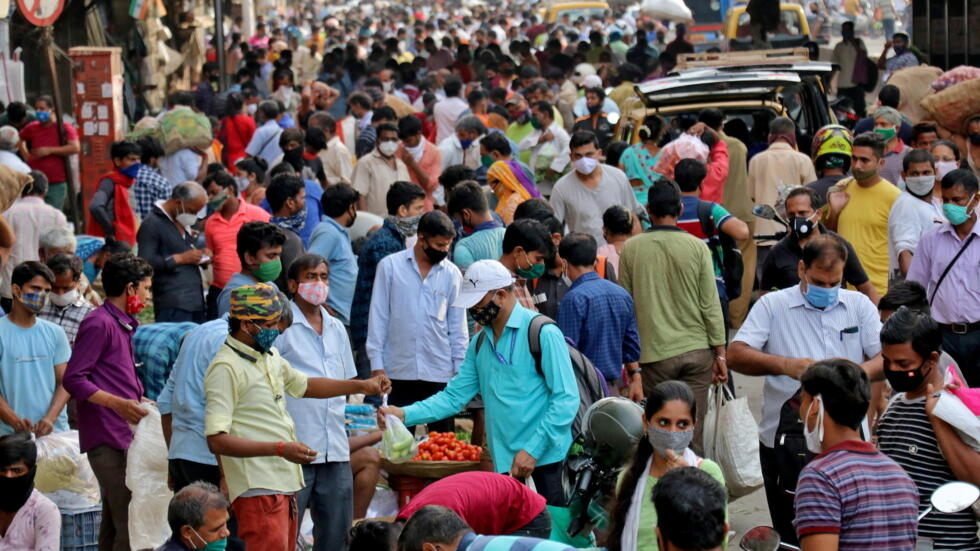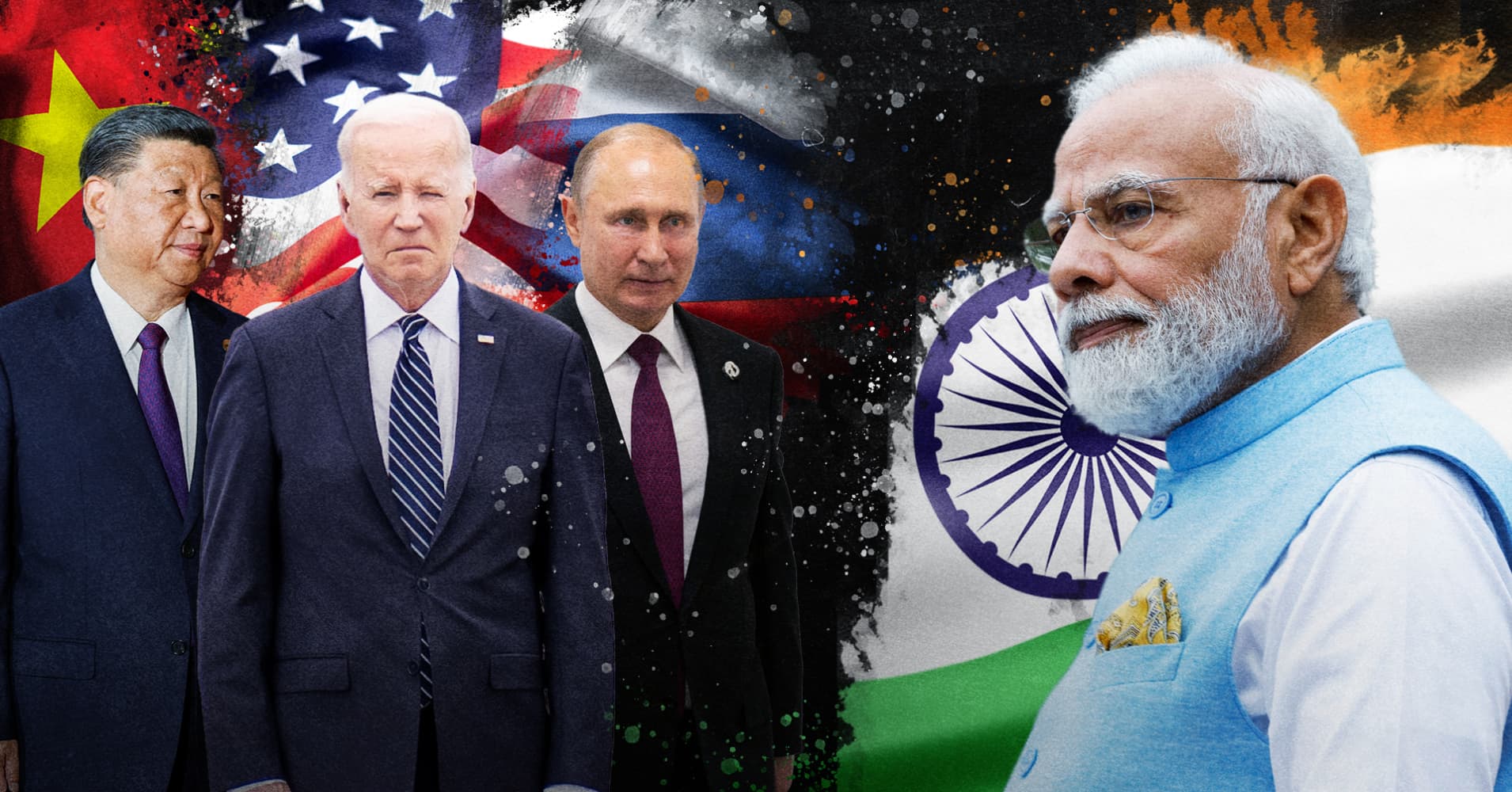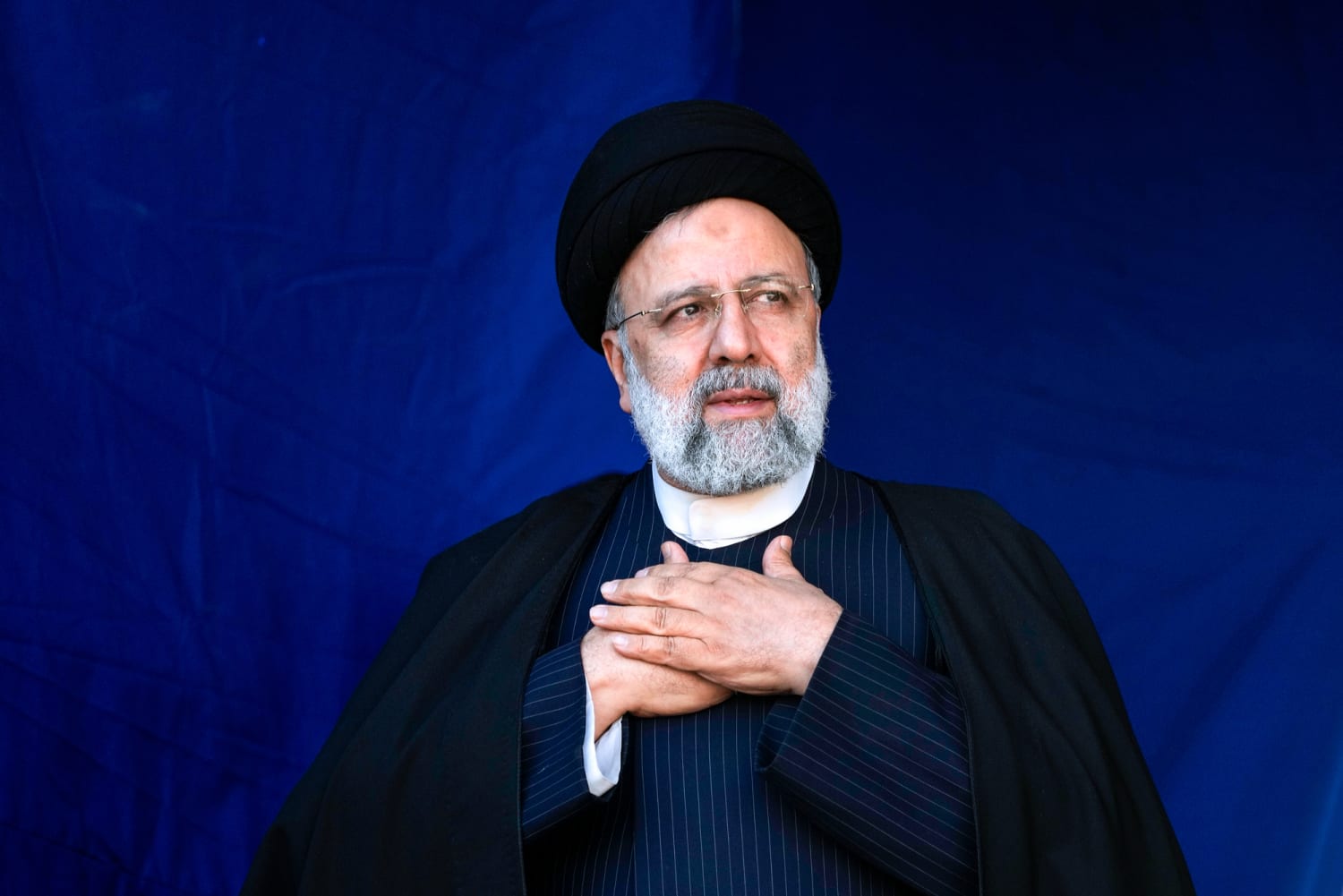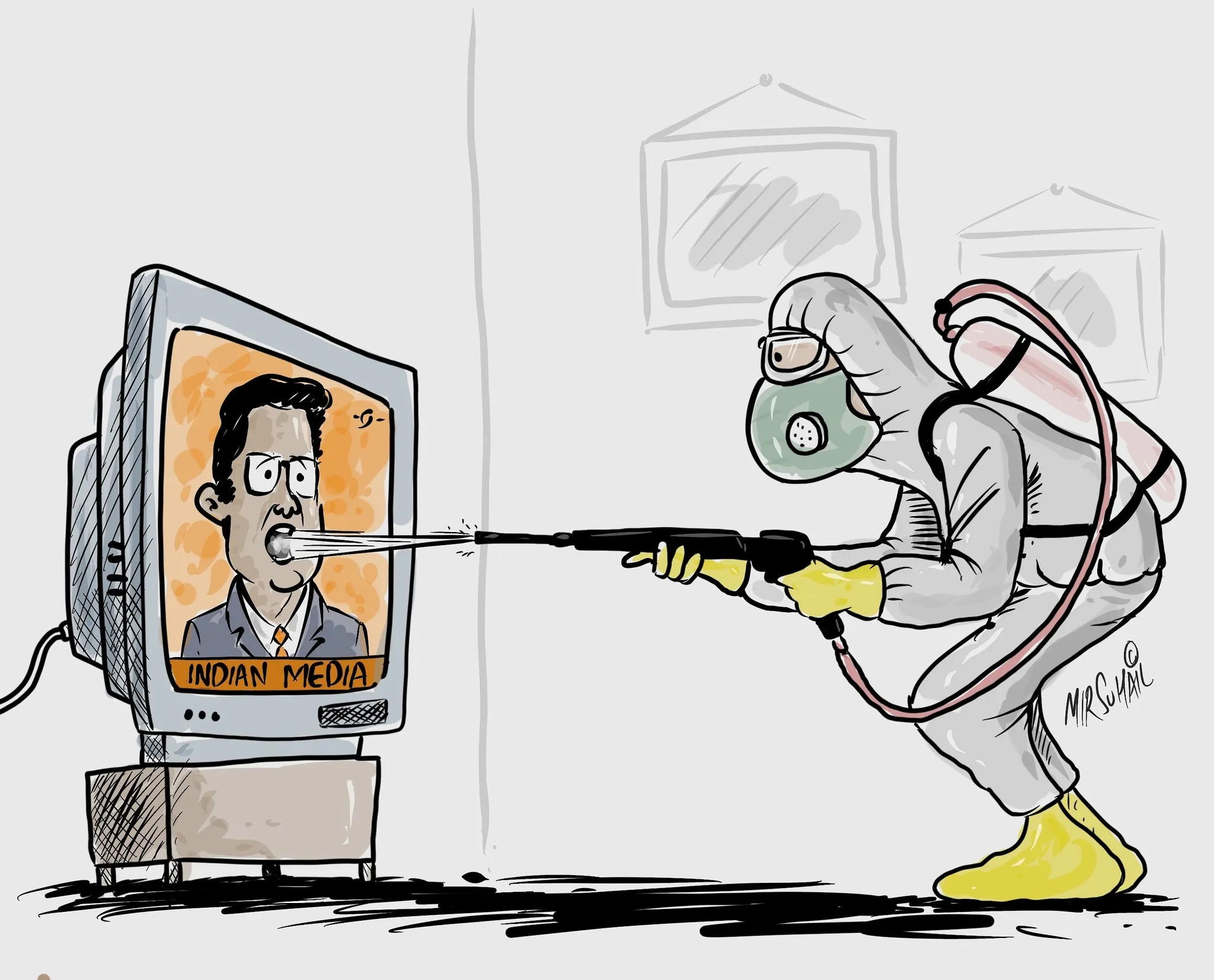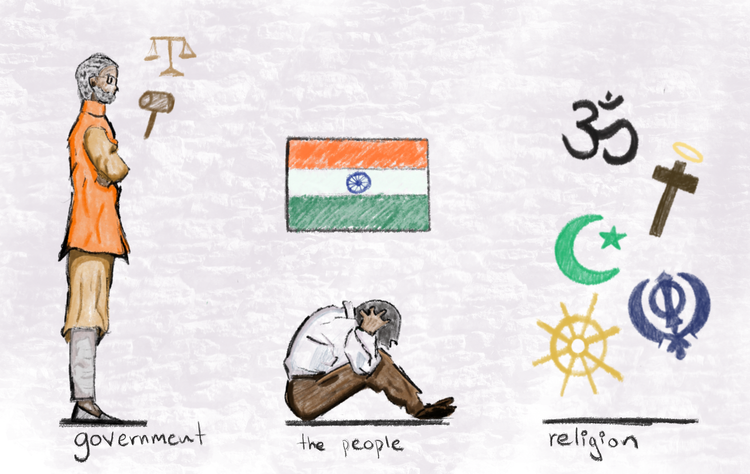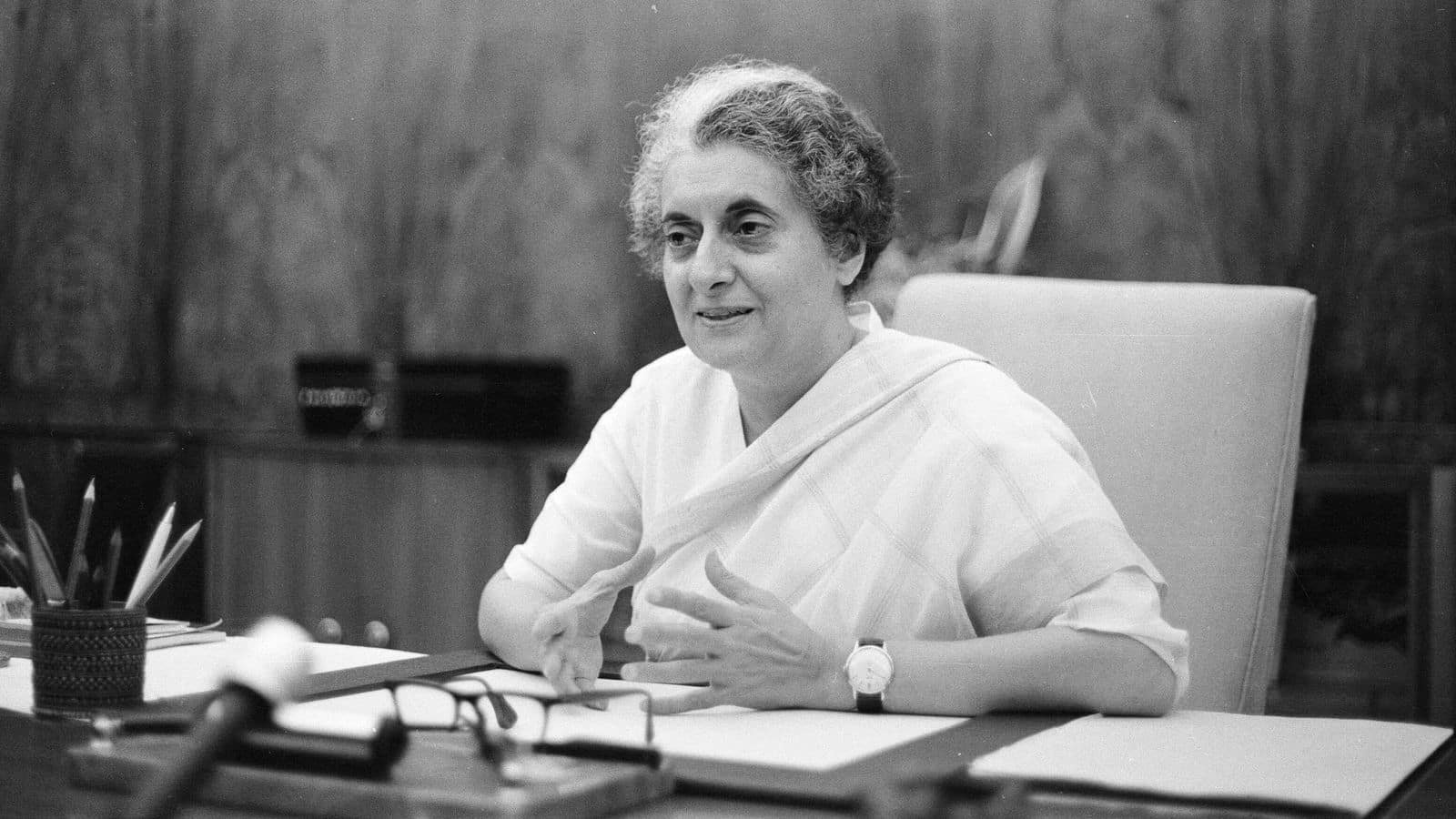The electorate in India has a very clear choice as it prepares for the impending general election. Voters are faced with a choice between entrenched vested interests and the welfare of the country as a whole, which is a shift from the usual since the election’s start in 1952.
The feelings that are prevalent have been captured in recent headlines. According to a prominent CEO poll by the Business Standard—a stronghold of capitalism—voters are unlikely to be greatly impacted by the disclosure of electoral bond contributors and recipients. This unspoken admission emphasises how unstoppable Prime Minister Narendra Modi and the Bharatiya Janata Party (BJP) are seen to be, even in the face of possible repercussions from cronyism accusations.
A big advertisement in the Indian Express featuring Prime Minister Modi in a corporate event funded by the Ambani Group further demonstrates the cosy nexus between crony capitalism and the Modi government. These blatant demonstrations of agreement emphasise the mutually beneficial relationship between corporate interests and political power.
The Rashtriya Swayamsevak Sangh (RSS), India’s self-appointed arbiter of moral rectitude, responded in a quiet manner that is even more striking. The RSS has a long history of standing up for ethical governance, but its lacklustre response to the electoral bond crisis indicates a compromise in values and a troubling alliance between corporate power and Hindutva ideology.
The harmful consequences of this relationship are highlighted by recent occurrences, such as the targeting of international students in Ahmedabad for exercising their faith. The Citizenship (Amendment) Act’s resuscitation heightens tensions within communities, giving vigilante groups more confidence and endangering the foundation of social harmony.
The opposition tries to express a message of tolerance and empathy in response to this story of greed and bigotry. They provide a counterbalance to the authoritarian inclinations of the ruling regime, led by Rahul Gandhi, by highlighting the need for a more humanitarian approach to administration.
After ten years in office, Prime Minister Modi represents the well-established agenda of the establishment. Though he presents himself as the epitome of nationalism, his detractors contend that he is nothing more than a front for the deeply established system of power and money. The return of lumpen groups emphasises how democratic norms have deteriorated during his administration.
Voters are presented with conflicting perspectives on the future of the nation as the election gets closer. One side offers the prospect of growth and stability, entwined with corporate power. On the other hand, a plea for compassion and consideration for the goals of the average person.
Presenting a cogent alternative to the current situation is the opposition’s challenge. They need to assuage voters’ concerns about instability and fragmentation by demonstrating that successful government is possible under group leadership.
In the end, the electorate’s decision transcends party affiliations. One must decide between defending democratic and social justice ideals and giving in to the temptations of authoritarianism. No matter what happens, India’s democratic values will hold strong, and the people’s voice will win out, bringing the nation back to balance.
